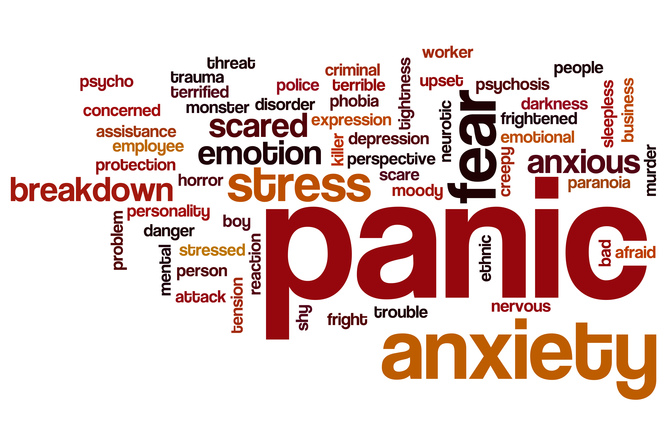
Men’s mental health is an increasing concern with just over three out of four suicides (76%) by men and suicide the biggest cause of death for men under 35.[1]
12.5% of men in the UK suffer from a diagnosable mental health condition [2] and 10 million people in total will experience a mental health issue each year.
The stigma around mental health is particularly apparent among the male population with men less likely to access psychological therapies than women, with only 36% male referrals to IAPT (Increasing Access to Psychological Therapies).[3]
In light of this, Mental Health First Aid (MHFA) England is calling on everyone to ‘Take 10 Together’ and have a 10 minute conversation with a friend, family member, or colleague Learning to listen to someone non-judgmentally and communicate in a supportive way are two of the really important skills people learn on a Mental Health First Aid course. The best way to describe Mental Health First Aid is that it is the mental health equivalent of physical first aid, with the course teaching people the skills and confidence to recognise the signs and symptoms of common mental health issues and effectively guide a person towards the right support.
It might seem a little daunting to start a conversation about mental health but it’s important to remember you don’t have to be an expert.
RELATED: How running can help beat depression
How to speak to someone about their mental health
Choose a setting
- Make a cup of tea, coffee or grab a cup of water. Whichever you choose it’s a great way to ask someone a quick ‘how are you’ and ask for a private meeting
- Give yourself plenty of time so you don’t appear to be in a hurry. 10 minutes may be enough but if you need longer then go ahead
- You don’t want to be disturbed so turn your phone off or onto silent
- Meeting in a neutral space such as a café might feel less intimidating
How to ask the questions
- Keep the chat positive and supportive, exploring the issues and how you may be able to help
- Keep your body language open and non-confrontational
- Be empathetic and take them seriously
- Do not offer glib advice such as “pull yourself together” or “cheer up”
- Take into account cultural differences in communication styles such as how much eye contact is appropriate
Useful questions to ask:
- “How are you feeling at the moment?”
- “How long have you felt like this – is it an ongoing issue?”
- “Who do you feel you can go to for support?”
- “Are there any work related factors which are contributing to how you are feeling?”
- “Is there anything we can do to help?”
How to listen
- Give the person your full focus and listen without interrupting
- Listen to their words, tone of voice and body language – all will give clues to how they are feeling
Once you’ve started the conversation, make sure you keep it going – follow up with the person and ask them how they are doing. Reassure them that you’re there for them, and really mean it.
To find out more about Mental Health First Aid and how to ‘Take 10 Together’ and start a conversation about mental health visit: mhfaengland.org you can also download the free MHFA England Take 10 Together toolkit.
Poppy Jaman has been with MHFA England for eight years, in this time she has turned it from a small government project into a fast-growing, commercially successful Community Interest Company (CIC), recognised as ninth on the Fortuna 50 list of fastest-growing women-led companies. She also sits on the board of Public Health England (PHE) as a non-executive director and advises the board on mental health issues. In 2012 Poppy helped found the City Mental Health Alliance (CMHA), a network of thought leaders from the City including Linklaters, KPMG, Deloitte and the Bank of England, who began meeting to discuss mental health in their workplaces.
[1]http://www.ons.gov.uk/peoplepopulationandcommunity/birthsdeathsandmarriages/deaths/bulletins/suicidesintheunitedkingdom/2014registrations#main-points
[2] https://www.menshealthforum.org.uk/key-data-mental-health
[3] https://www.menshealthforum.org.uk/key-data-mental-health






